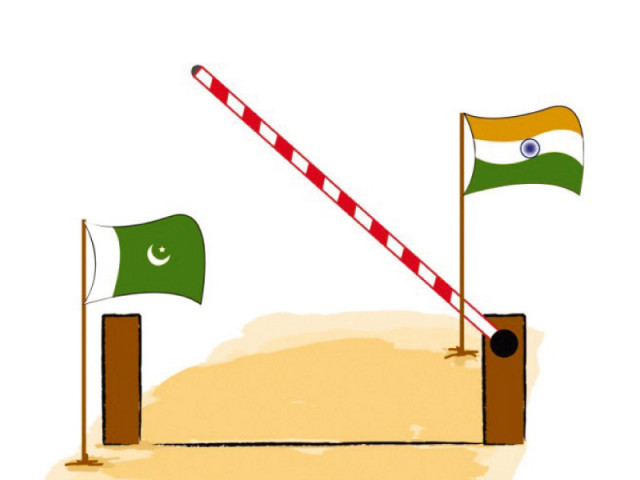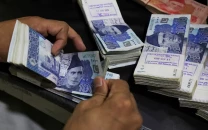Pakistan and India: Liberal trade policy stressed
Ease on business visa requirements, restrictions a necessity .

The joint agriculture taskforce proposed a bilateral agreement to create better trade links and identify mutually beneficial ground for cross-border trade. CREATIVE COMMONS
In efforts to liberalise business and trade between the neighboring countries, the third meeting of the Pakistan India Joint Business Forum concluded in Lahore this year.
The forum was facilitated by The Pakistan Business Council (PBC) and the Confederation of Indian Industry (CII), which have been appointed secretariats by the governments of the two countries.
The Indian delegation was led by Hero Motors India Chairman Sunil Kant Munjal, with Nestle Pakistan Chairman Syed Yawar Ali, leading the Pakistan side.
Over 50 delegates from Pakistan and India attended the joint forum, covering a wide range of trade-related issues and concluded with a list of recommendations identifying areas of potential cooperation, as well as outlining specific steps to bolster bilateral trade in sectors such as agriculture, automotive, energy, and SMEs.
The joint agriculture taskforce proposed a bilateral agreement to create better trade links and identify mutually beneficial ground for cross-border trade.
The taskforce also recommended the urgent opening-up of the Wagah-Attari border for items such as farm machinery, equipment, and agri-inputs.
The automotive taskforce advised that trade in the auto sector be initially boosted at the component level, while encouraging cooperation between the two countries in terms of technical and skills development support.
The energy taskforce emphasised the importance of business-to-business collaboration and government support, specifically in renewable energy projects.
It was also advised that the two governments move forward in facilitating cross-border sale of power. The SME taskforce recommended that more items of small medium enterprises be added to Pakistan’s ‘Wagah-Attari Allowed List’, as well as creating warehousing facilities, simplifying documentation and custom procedures, along with creating a robust finance infrastructure framework for SMEs to facilitate smoother transactions.
The forum concluded that it was essential to liberalise the existing visa regime, removing entry-exit and city-specific restrictions, and recommended that this be prioritised by the two governments.
Other key recommendations included the opening up of more land routes; ensuring that the ICP (Integrated Check Post) at the Wagah-Attari border is operational on both sides and facilitating phone communication.
The members further emphasised the need for a dispute resolution mechanism and proposed the immediate implementation of the Redressal of Trade Grievances Agreement, ratified by both countries in September 2012.
Commenting on the occasion, Yawar Ali said that liberalisation of trade would impact the people of both countries. “Liberalisation of trade will not only benefit industries and businesses, it will have a definitive impact on the people of both Pakistan and India,” said Ali. “Implementing the recommendations of the joint forum will not only prove economically advantageous, but will precipitate overall improved relations between the two countries.”
Sunil Kant Munjal was pleased with how the discussions moved forward. “I am happy to say that the discussions held during joint forum were extremely robust,” said Munjal. “I am confident that opening up trade between Pakistan and India, and following on the outcomes of the forum, will ultimately result in a win-win scenario for both countries.”
Published in The Express Tribune, February 25th, 2014.
Like Business on Facebook, follow @TribuneBiz on Twitter to stay informed and join in the conversation.



















COMMENTS
Comments are moderated and generally will be posted if they are on-topic and not abusive.
For more information, please see our Comments FAQ